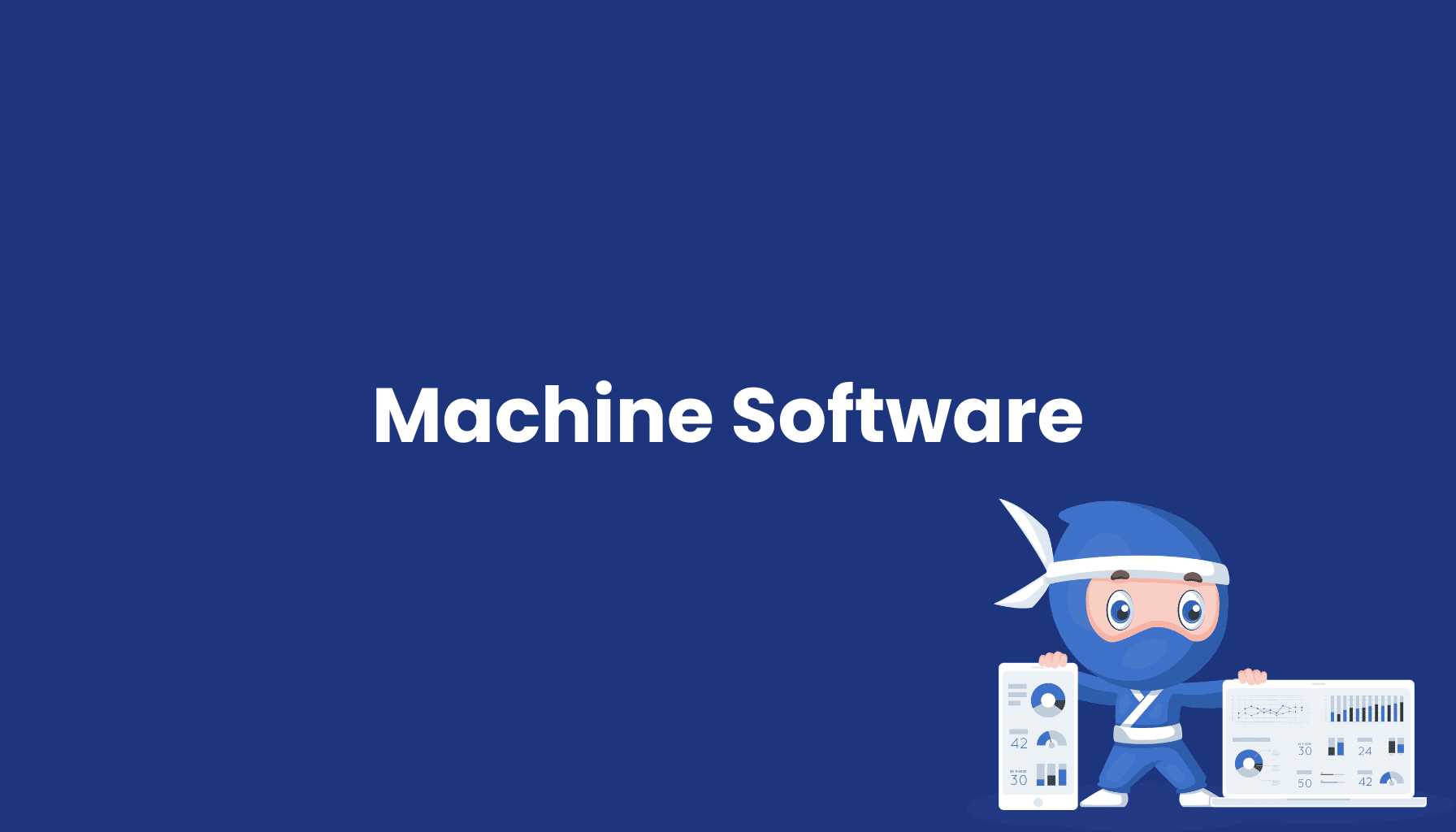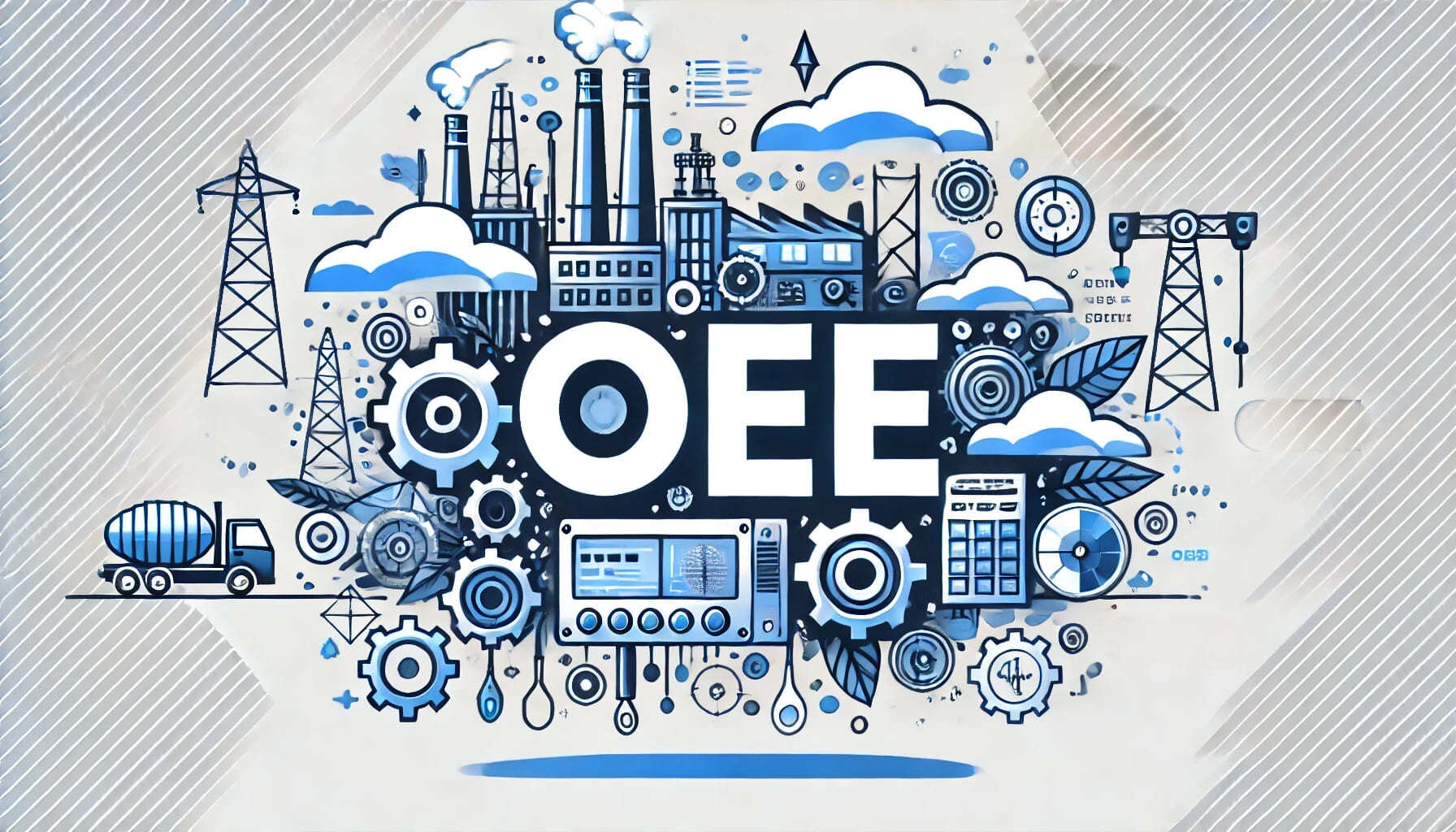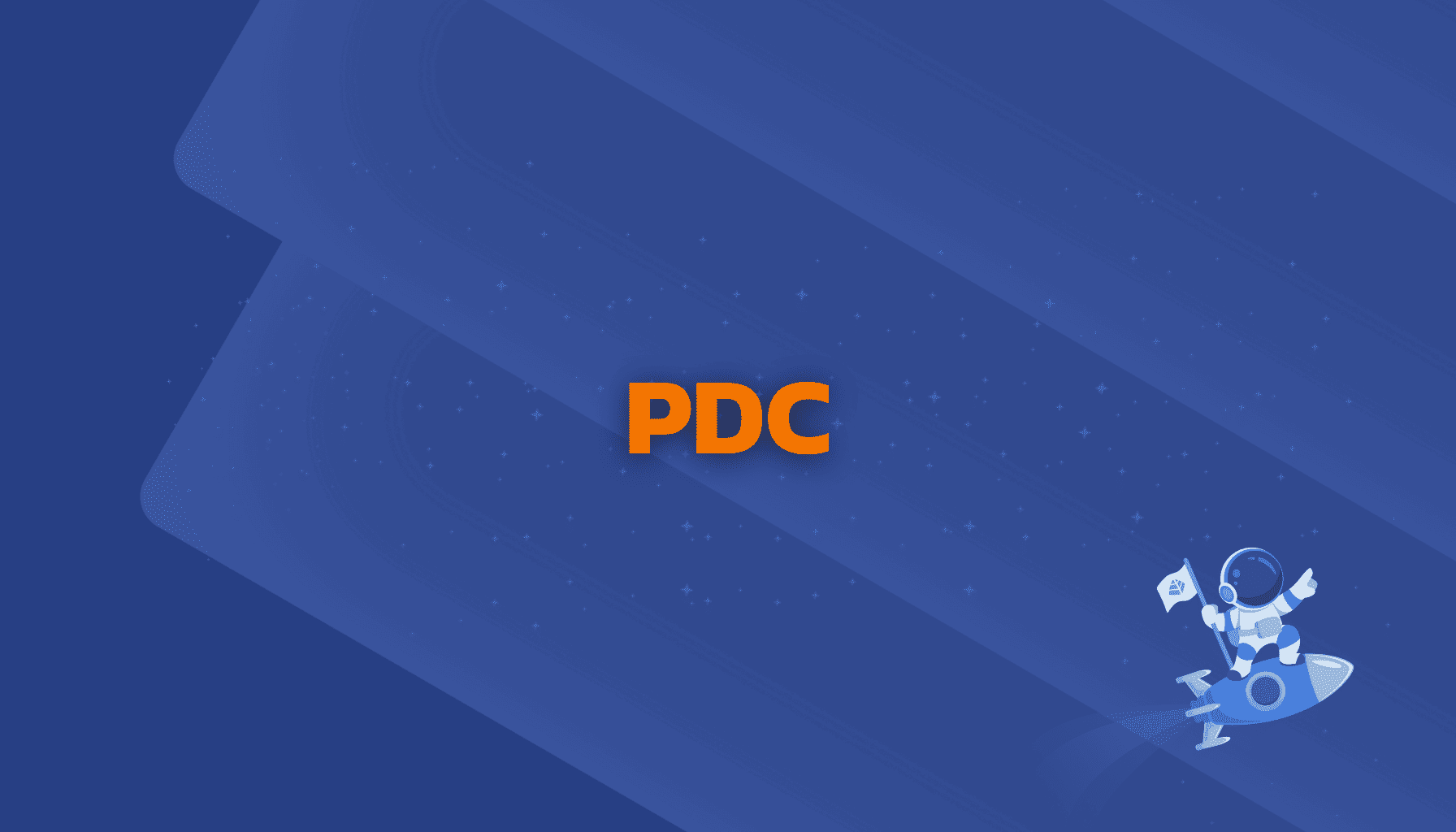Machine Software

What Is Machine Software?
Machine software refers to specialized computer programs designed to control, monitor, and optimize industrial machines and equipment. It acts as the interface between physical machine control and higher-level production systems.
Types of Machine Software
1. Control Software
- PLC programs (Programmable Logic Controllers)
- CNC control systems
- Robot control software
- Motion control systems
- Embedded software
2. Monitoring Software
- Process visualization
- Condition monitoring
- Predictive maintenance
- Quality monitoring
- Fault management
3. Optimization Software
- Process optimization
- Energy management
- Resource planning
- Performance analysis
- Productivity improvement
Technical Foundations
System Architecture
- Real-time operating systems
- Fieldbus communication
- Industrial Ethernet
- OPC UA integration
- Cloud connectivity
Programming Interfaces
- IEC 61131-3 standards
- High-level languages (C++, Python)
- API structures
- Database systems
- Web services
Integration into the Production Environment
Machine Communication
- Fieldbus systems (Profibus, Profinet)
- Industrial Ethernet protocols
- Interfaces to MES/ERP systems
- IoT connectivity
- Cloud platforms
Data Management
- Process data acquisition
- Historical data management
- Analytical tools
- Reporting systems
- Big Data integration
Development and Implementation
Software Development
- Requirements analysis
- System design
- Modular programming
- Testing and validation
- Documentation
Quality Assurance
- Code reviews
- Functional tests
- Security checks
- Performance tests
- Certifications
Security Considerations
IT Security
- Access controls
- Encryption
- Backup strategies
- Patch management
- Contingency plans
Functional Safety
- Safety features
- Error handling
- Redundancy concepts
- Risk management
- Certifications
Trends and Innovations
- Industry 4.0
- Digital twins
- AI integration
- Edge computing
- Predictive analytics
- Cloud manufacturing
Emerging Technologies
- Machine learning
- Augmented reality
- Digital threading
- 5G integration
- Blockchain applications
Best Practices for Machine Software Deployment
Implementation
- Conduct needs analysis
- Plan system architecture
- Set up a test environment
- Gradual rollout
- Continuous optimization
Operation and Maintenance
- Regular updates
- Preventive maintenance
- Performance monitoring
- User training
- Support structures
Economic Considerations
Cost Factors
- Licensing models
- Implementation costs
- Maintenance expenses
- Training requirements
ROI Analysis
- Process efficiency
- Quality improvements
- Resource savings
- Increased flexibility
- Innovation potential
Conclusion: The Importance of Machine Software
Modern machine software is key to the digitalization and optimization of industrial production processes. It not only enables precise control and monitoring of machines but also lays the foundation for innovative Industry 4.0 concepts. By integrating advanced technologies and standards, companies can sustainably enhance their competitiveness.





